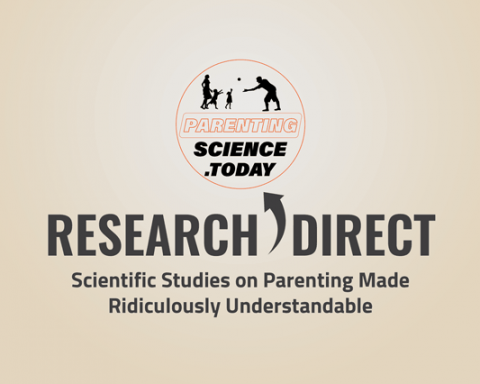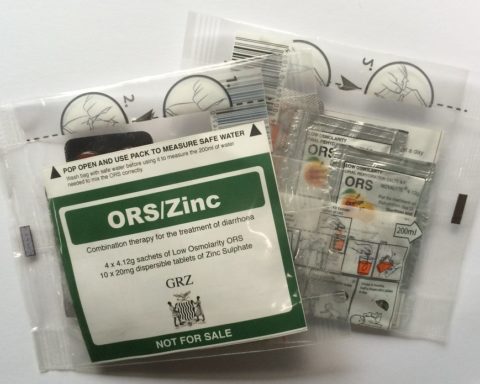The inadequate levels of micronutrients in pregnant and lactating women and their newborn babies are a great concern, especially in developing countries. It is believed that the malnutrition of pregnant and lactating women in these areas is due to the low socioeconomic conditions.
Maternal malnutrition contributes to poor delivery outcomes for newborns, including low birth weight (LBW), small-for-gestational-age (SGA) infants, low mid-upper arm circumference (MUAC), and small head circumference.
In particular, lipid-based nutrient supplements (LNS) are best known for reducing low birth weight, the incidence of small-for-gestational-age infants, and small head circumference. In addition, iron and folic acid (IFA) supplements effectively reduce anemia and iron deficiencies in pregnant, lactating women and newborns. IFA supplements also improve birth weight and reduce the occurrence of congenital abnormalities and neurological defects caused by a lack of folic acid in the early trimesters.
Multiple micronutrients reduce anemia and iron deficiencies just like IFA supplements. They also reduce the incidence of low birth weight, small head circumference, and small-for-gestational age infants. They greatly reduce the risk of premature delivery as well.
A Research Study
Although the rate of stunted growth in children has continued to decrease, the prevalence is still considered high at 30 percent, which is the case in regions of Bangladesh.
Malay K. Mridha and others from the University of California conducted a research study titled “Lipid-Based Nutrient Supplements for Pregnant Women Reduce Newborn Stunting in a Cluster-Randomized Controlled Effectiveness Trial in Bangladesh” to evaluate the effectiveness of lipid-based nutrient supplements on expectant and breastfeeding women in Bangladesh.
The researchers offered different supplements to each group participating in the study. One group received lipid-based nutrient supplements with 20 g/d and 118 kca. The LNS contained fatty acids, vitamins, and micronutrients. The other group of women received IFA supplements containing 60 mg of ferrous sulfate/iron and 400 ug of folic acid.
The pregnant women began supplementation at conception or at first contact with a health worker. They took the supplements continuously during pregnancy until delivery. Lactating mothers continued to take the supplements until six months post-delivery. At six months, the children were weaned, but they continued supplementation until two years of age.
The mothers also attended monthly prenatal checkups. The researchers monitored the mothers’ weight gain until delivery to ensure the healthy delivery of newborns with normal weight, height, MUAC, BMI, and head circumference.
Outcomes and Conclusion
The women who consumed LNS had better outcomes compared to the IFA group. The infants in the LNS group had greater gains in weight, height, and MUAC, and they had normal head circumference.
The mothers showed no signs of anemia or other iron deficiency conditions.
The rate of premature deliveries was also reduced. The women were able to carry their pregnancies to term. The infants were healthy, and normal growth (including considerable weight gain) continued after birth. These results indicate that LNS and IFA are important to the growth of the fetus during pregnancy as well as to the newborn after delivery.
In conclusion, although supplementation with LNS and IFA is required during the prenatal period, it is also greatly important for lactating mothers and their newborns.
Specifically, supplementation is important for mothers during pregnancy because it helps mothers carry their pregnancies to term. Furthermore, after delivery, mothers need to breastfeed their newborns and continue supplementation until their children reach two years of age.
But, in general, LNS supersedes IFA in terms of benefits. Although this does not mean that IFA supplements are less important, LNS greatly improved the weight of the mothers and the infants.
Reference
Mridha, Malay K., Susana L. Matias, Camila M. Chaparro, Rina R. Paul, Sohrab Hussain, Stephen A. Vosti, Kassandra L. Harding, et al. “Lipid-Based Nutrient Supplements for Pregnant Women Reduce Newborn Stunting in a Cluster-Randomized Controlled Effectiveness Trial in Bangladesh,” The American Journal of Clinical Nutrition 103, no. 1 (2015): 236–249. Retrieved from https://www.ncbi.nlm.nih.gov/pubmed/26607935












